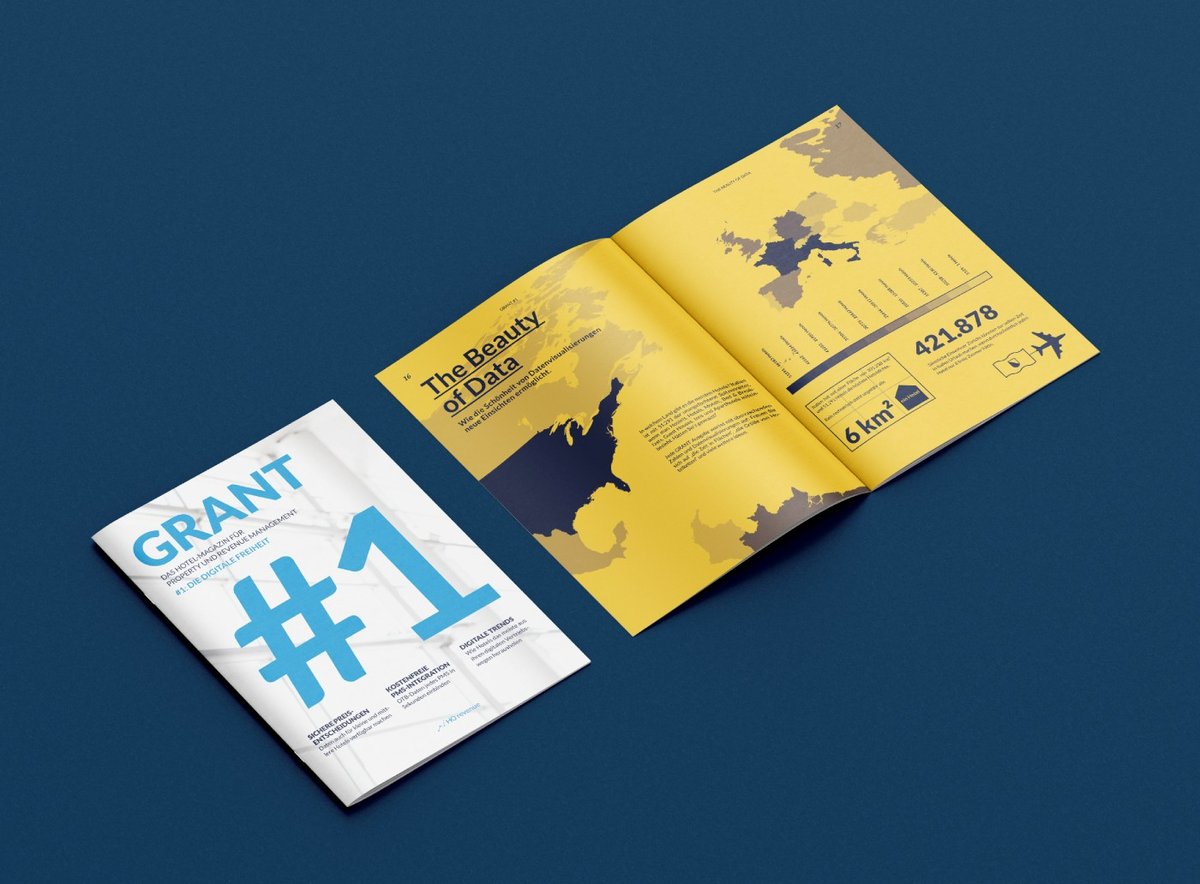AI and automation: a digital parking assistant for revenue management?
The fact that automation and artificial intelligence (AI) are becoming increasingly important in the hotel industry is neither a secret nor a surprise. Especially in the area of revenue management, they offer opportunities to save time and optimize processes.
But should technology replace revenue managers altogether?
And should you, as a hotelier, completely hand over pricing to a computer?
Although there are now systems that promise to do this, in practice we need a different approach. Think of a symbiosis, where the best result comes when humans and computers work together.
After all, the digital parking assistant in the car does not replace the driver. It merely helps the driver park quickly and safely. The driver continues to drive to and select the parking space himself.
So let's take a look at how you can work more efficiently, better understand demand and optimize prices in all situations in symbiosis with automation and AI.
Data: The necessary fuel for revenue management
In revenue management, nothing works without data. Historical and On-The-Books (OTB) data helps you evaluate your own operation and its performance. External data is necessary to understand market trends.
Especially in turbulent times (but also otherwise), access to data and the ability to evaluate it are key to making confident decisions that aren't just based on your gut.
Automation and AI offer important assistance here. Information is first collected and processed automatically. Then the AI system presents this data in usable form and uses it for price suggestions, demand forecasts and market analysis. This makes life easier for hoteliers in three ways, while enabling revenue increases.
Time as an important factor - From 0 to 100 as quickly as possible
Get more done with less time? Automation makes it possible. This is especially important for smaller teams, which are under particular pressure during and after the crisis.
An automated system can take over the research, collect and structure data in real time. This last step often makes the information useful for revenue managers, as it makes connections and new developments much easier to see. Especially today, this is extremely important, as markets often change in unpredictable ways and it would be impossible to always stay up to date through manual research alone.
Relying on automation here makes it easier for you to always keep track of the market, demand and competition. Artificial intelligence then goes a step further and uses this data to, in turn, make real-time suggestions for price and strategy optimization.
In short, you skip the tedious manual steps, get into action immediately, and can make decisions faster. You can respond to market changes in an instant, allowing you to take advantage of every opportunity to win bookings and increase revenue.
By leveraging automation and AI, you virtually shorten your acceleration phase, get from 0 to 100 faster, and no longer lag behind the market.
Quality of the data - not all fuel is the same
Your AI system needs reliable information to deliver good price suggestions and informed forecasts. Even with the best AI, inaccurate, outdated data leads to suboptimal recommendations and market analysis. It's the same with a sports car. It, too, can't perform at its best on bad fuel.
To deliver this high-quality data fuel, the right revenue management tool gathers real-time information from many different sources (e.g., the company's own website, OTAs, competitor data...). This provides the AI with the ability to access a large volume of up-to-date and reliable data and deliver informed pricing suggestions, forecasts and analysis.
This gives you the following advantages:
- Well-informed pricing decisions and optimized strategies: there is always a chance to reject the AI system's suggestions if you know something your system doesn't. A proper AI learns from your manual changes in the process and can improve its suggestions in the future.
- A deeper understanding of your market: because you can see where demand is, you can use your marketing budget more effectively and get better results.
- Well-planned operations: Share relevant information (e.g. demand forecasts) with other departments to help them plan.
Always keeping an eye on the market and the competition – Objects in the rearview mirror
Historical and OTB data show how well your hotel is realizing demand and where there is still room for improvement. But especially today, you can't rely solely on internal and historical information. Looking outside the box is especially important in these times to understand the overall market situation and your place in it. It's like driving a car, where you also pay attention to other road users.
The point is not to copy your competitors' strategies and prices. Instead, deep analysis of relevant data is important to optimize your positioning and uncover and capitalize on revenue opportunities for your hotel.
The problem is that manual research takes too much time and it is impossible to get a complete picture of the market quickly with it. In contrast, a BI tool automatically finds, collects and analyzes relevant live data. This gives you the drone shot as well as detailed views of the market in no time:
- Price-performance ratio in the compset: how does your property compare and what is the guest willing to pay for?
- Room category prices: How do offers for different categories differ between you and your competitors?
- LOS, Restrictions and Inclusions: What strategies do you and your compset use to add value? Where could you make your offering more attractive?
These insights give you two important advantages. First, you have a better overall understanding of your positioning and market. Second, you can better understand your AI's suggestions and correct them if necessary. All of this happens faster than before, giving you more time to make decisions.
As you can see, the goal is not to put your revenue management completely on autopilot. Instead, when you interact with automation and AI, you save time and energy that you can invest in other important tasks. You can also use your data more effectively to realize new revenue opportunities.
So you're still in the driver's seat. AI is just the parking aid that makes your job easier and helps you achieve the optimal result.
How does this work exactly? We'll be happy to show you with a hands-on example. Simply contact us here without obligation and we will arrange a demo:
Share this
You May Also Like
These Related Stories

Why IKEA Just Made a Solid Case for Hotel Dynamic Pricing

Hotels Can Stay Competitive with This Booking RateIntelligence Alternative



No Comments Yet
Let us know what you think